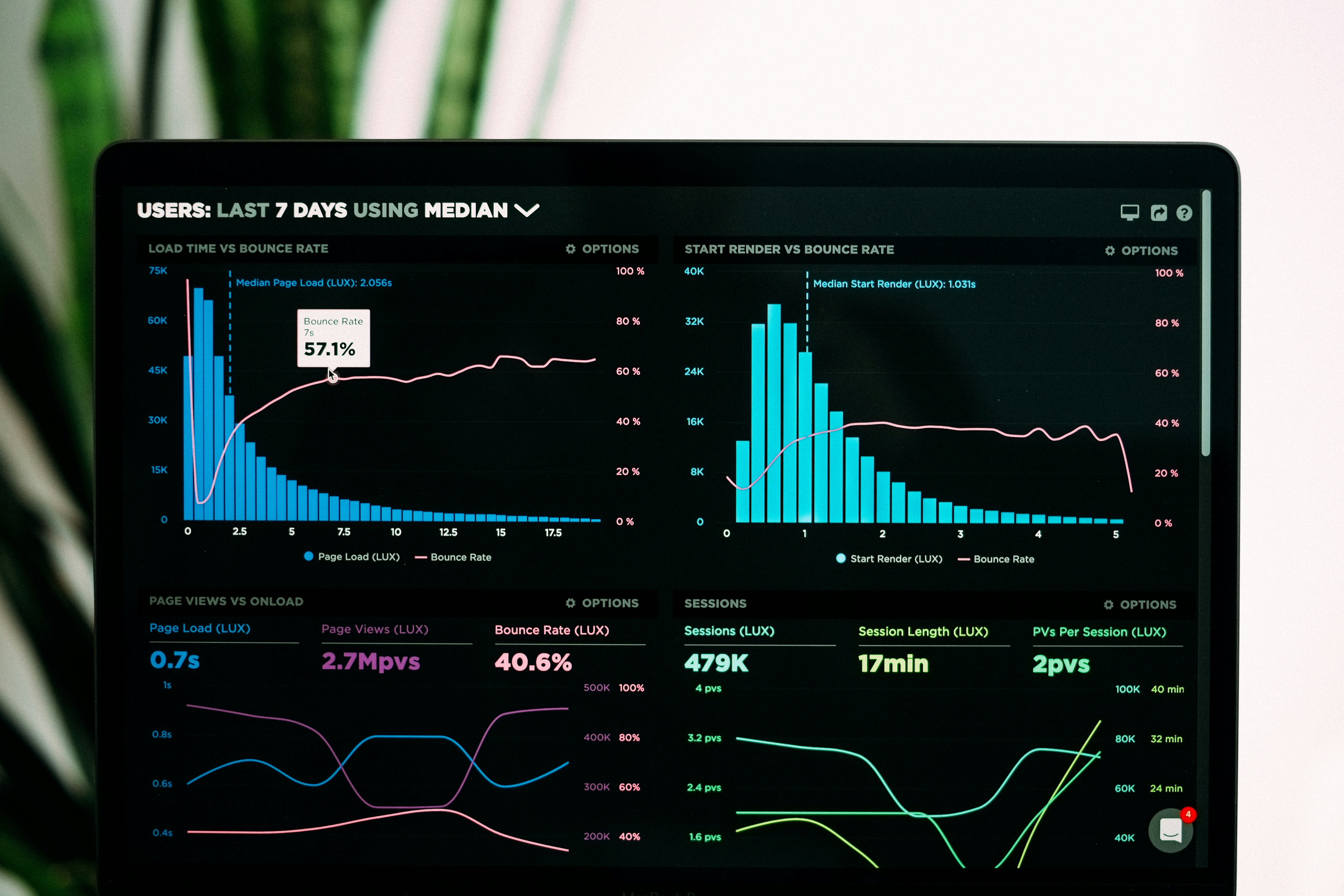Lead Generation Tools
9 min read
Top Features to Look for in a Lead Generation Tool
Published on
Feb 8, 2025
Written By

Jerico Lelis
Designer
Top Features to Look for in a Lead Generation Tool
The right lead generation tool can transform your business by automating tedious tasks, improving targeting, and boosting conversions. But with so many options available, it’s crucial to know which features to prioritize.
Here’s a breakdown of the top features every great lead generation tool should offer:
1. Advanced Targeting Capabilities
Your tool should allow you to pinpoint your ideal audience using demographics, behaviors, and preferences. This ensures your campaigns resonate with the right people.
Examples: LinkedIn Sales Navigator and ZoomInfo for precise audience targeting.
2. Lead Capture Forms and Popups
Effective tools should provide customizable forms and popups to collect lead information seamlessly. Look for features like A/B testing to optimize conversions.
Examples: OptinMonster, Unbounce.
3. CRM Integration
A good tool should integrate seamlessly with your CRM, ensuring that captured leads flow directly into your sales pipeline for immediate follow-up.
Examples: Integration with Salesforce, HubSpot, or Pipedrive.
4. Email Marketing Automation
Automated email workflows nurture leads over time, delivering the right content at the right stage of the buyer's journey.
Examples: Mailchimp, ActiveCampaign.
5. Real-Time Analytics
Insights into metrics like click-through rates, lead quality, and conversion rates help you fine-tune your strategies.
Examples: Google Analytics, Leadfeeder.
6. Chatbots and Live Chat
AI-powered chatbots engage website visitors, answer questions, and capture leads 24/7. Look for tools with natural language processing (NLP) for more personalized interactions.
Examples: Drift, Intercom.
7. Multi-Channel Engagement
Your lead generation tool should support campaigns across multiple channels, including social media, email, and SMS, ensuring you meet prospects wherever they are.
Examples: HubSpot, Sendinblue.
8. Predictive Lead Scoring
Built-in AI or machine learning to analyze data and score leads based on their likelihood to convert is invaluable.
Examples: Marketo, Pardot.
9. Customizable Dashboards
User-friendly dashboards with drag-and-drop functionality make it easy to track and visualize lead generation performance at a glance.
10. GDPR and Privacy Compliance
Ensure the tool complies with regulations like GDPR and CCPA to avoid legal issues when collecting and storing data.
Bonus Tip: Try Before You Buy
Most tools offer free trials or demo versions. Take advantage of these to ensure the platform meets your needs and integrates well with your existing tech stack.
Conclusion
A great lead generation tool should save time, improve efficiency, and help you close more deals. By focusing on these features, you can choose the right tool to drive your business growth. Remember, the best tool is the one that aligns with your goals and simplifies your lead generation process.






